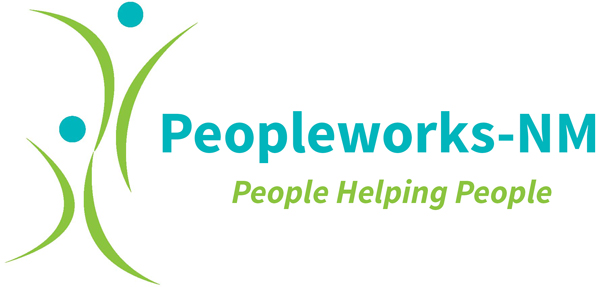Let’s Talk About the Hard Stuff: Sources of Shame
Mental Health Tidbits and Tools
Cindy Anderson, MSW, LCSW, ICGC-I
 Whether our problem is gambling, or some troubled relationship, or overeating, or drugs, or sexual problems, or any other behavior that helps us avoid painful feelings, shame can be a significant and HIDDEN aspect that continues to drive our behaviors and thoughts. Shame thrives especially if we are unaware of it. We all need a bit of shame (after all, we are human and make mistakes). But I’m talking about toxic shame, the kind that just hammers at you, never leaves, and makes you feel like you are worthless. Anyone feel that way at times?
Whether our problem is gambling, or some troubled relationship, or overeating, or drugs, or sexual problems, or any other behavior that helps us avoid painful feelings, shame can be a significant and HIDDEN aspect that continues to drive our behaviors and thoughts. Shame thrives especially if we are unaware of it. We all need a bit of shame (after all, we are human and make mistakes). But I’m talking about toxic shame, the kind that just hammers at you, never leaves, and makes you feel like you are worthless. Anyone feel that way at times?
in my professional library, I have John Bradshaw’s book, Healing the Shame That Binds You. It is an old book, but has much wisdom and guidance.
Chapter 3 talks about Toxic Sources of Shame. In it the opening quotes: “She learned to her dismay that the only time she felt loved was when she wasn’t being herself.” Then “Children will invest as much as needed to ensure the preservation of family harmony, even if it means sacrificing themselves to do so by developing psychological disorders.” Bradshaw says the primary source of toxic shame is fostered in our significant relationships. Parents who are shame based cannot take care of their children’s needs and a shame-based system is fostered. When we grow up in families which are shame based, our needs are unmet. These families are closed to other people and enmeshed with each other. Outsiders are not to be trusted. Claudia Black identifies the “Don’t Talk, Don’t Trust, Don’t Feel” triad in addictions. Growing up in this family system, we don’t learn how to communicate, we cannot trust others, and our feelings are not honored. Individual needs are sacrificed to the family system. Then, we grow up and attempt to meet our needs through other relationships, but without awareness of our shame. We avoid our internal pain, and then develop addictions, or dissociation (meaning basically not being in our body), or obsessive thoughts and compulsive behaviors. When we move forward to partner with someone to create our own family, (and without awareness) we repeat these patterns.
 So, what if you grew up in a family like this? Or maybe you had a fairly good family but got caught up in peer relationships or with a partner who created shame within you? Maybe you were sexually abused by a non-family member. Other social systems can add to our shame, if they are not loving and supportive. Churches, synagogues or religious orders which are condemning and rule bound can create shame for us. Rigid academic or work environments may also foster shame.
So, what if you grew up in a family like this? Or maybe you had a fairly good family but got caught up in peer relationships or with a partner who created shame within you? Maybe you were sexually abused by a non-family member. Other social systems can add to our shame, if they are not loving and supportive. Churches, synagogues or religious orders which are condemning and rule bound can create shame for us. Rigid academic or work environments may also foster shame.
There is hope! And it begins with our own awareness. What is going on inside of us? Are we full of rage? Are we full of grief? Is fear or anxiety driving us? What losses have we suffered, that maybe others do not see? What are our unmet needs? Begin by asking yourself these questions. Bring the shame to the light – bring the secrets. (Don’t tell just anyone, but start with yourself, and see if you can find someone to trust). Peopleworks counselors are available if you wish to do the work with a professional.
Whatever path you choose for tackling your inner shame, Don’t forget to hope!!







Recent Comments